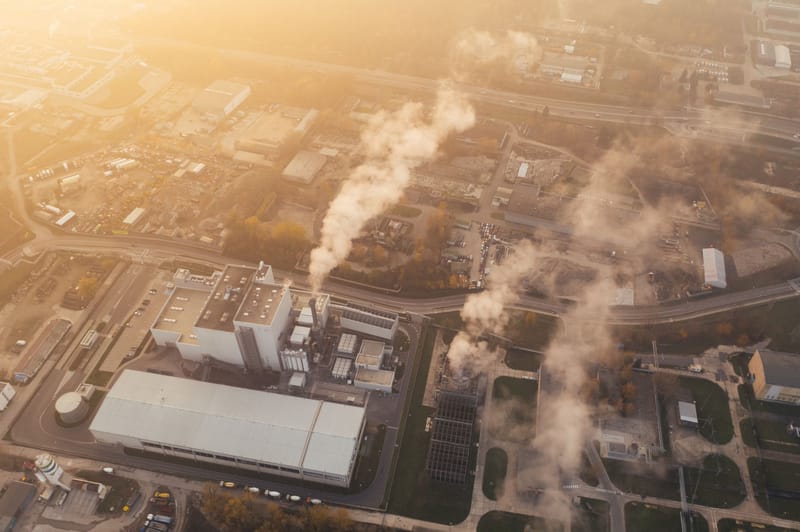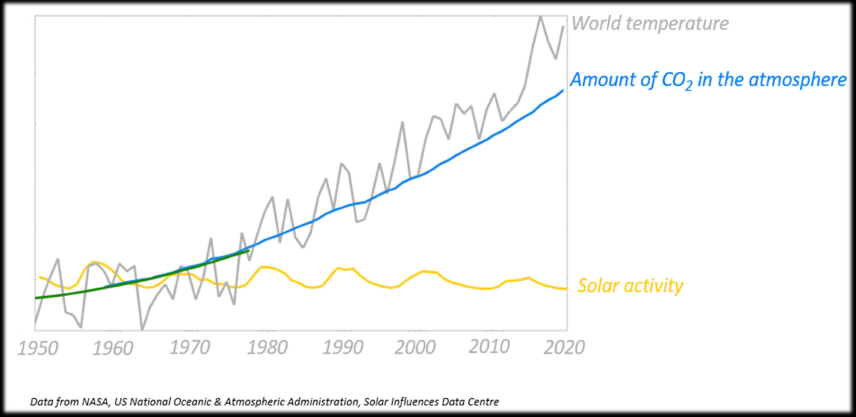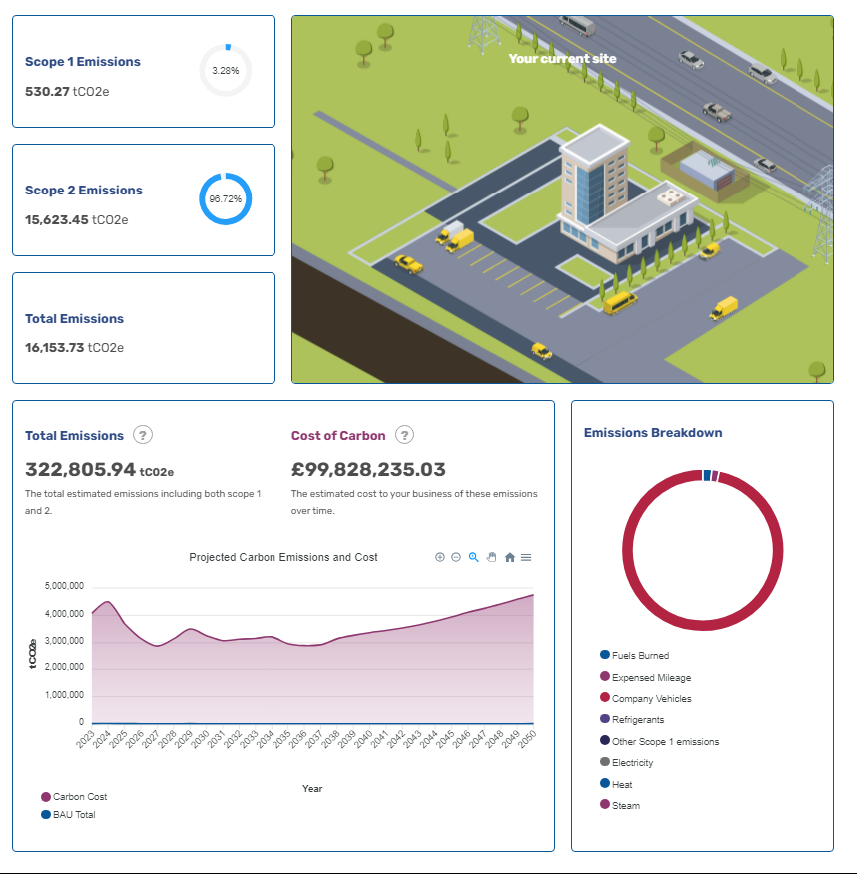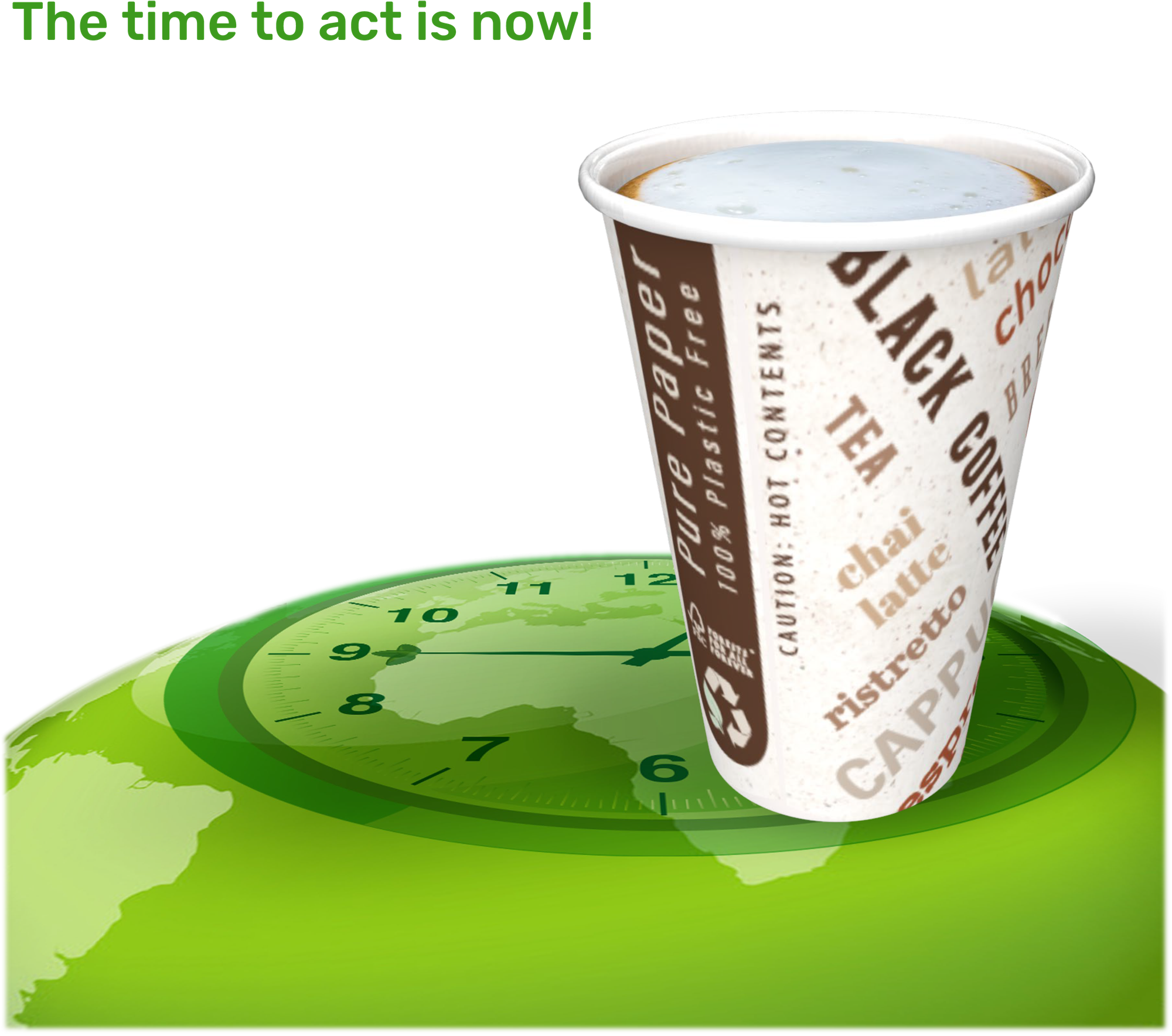Carbon Reduction Plan

The path the Net Zero 2050

Climate change is happening, but what is causing it?
We can see here for example, that world temperature mirrors the amount of CO₂ in the atmosphere.
We can also see that solar activity has been steady over this period, so we know that this isn’t causing the temperature rise.
The climate has always changed naturally in the past, but those have often been in response to predictable changes of the Earth’s orbit round the sun, and those changes have always been at a predictable pace. The change we are seeing now is unexpected and much quicker, so we know that the cause isn’t natural.
Past natural changes in the Earth’s climate have often also been due to the release of greenhouse gases like carbon dioxide (CO2). Nowadays, human activities in sectors like transport and generating electricity are releasing these gases. In other words, humans are doing what we know from history has caused past changes in the Earth’s climate. In fact, CO2 from human activity is increasing more than 250 times faster than it did from natural sources after the last Ice Age.
2022 baseline emissions

GHG Emissions
Scope One emissions
Scope one emissions come directly from your business. They include emissions from fuel combustion in furnaces and vehicles, as well as emissions from chemical production.
Scope Two emissions
Scope two emissions come indirectly from the consumption of purchased energy from utility sources that your business doesn’t own. This includes electricity, heating and cooling. This includes any emissions from fuels burnt on-site for operations; the use of refrigerants, gases and certain chemicals in business processes; mileage in fleet vehicles; and work-related travel in employee-owned vehicles.
Scope Three emissions
Scope three emissions are all indirect emissions not covered by scope two. This includes anything linked to your commercial activity that isn’t owned or controlled by you, including your entire supply chain, travel, waste, purchased goods, assets and investments. It also includes how consumers use your products and services.
NWV GHG Carbon Emissions 2024.pdf
PPN-0621-Carbon-Reduction-Plan-2025.pdf
Net Zero 2050

What can we do about it?
There are steps that every company can take
Act now, Recycle more
North West Vending are recycling our paper, plastic, metals and other materials, we’re helping to substantially reduce waste and lessen the impact on the environment. By making less waste and managing it more efficiently, there’s less of it going to landfill, which ultimately benefits the environment.
Make it company policy
With a net zero plan in place every part of our business is examined to establish where emissions reductions can be made. Our responsibilities include supply chain, so we consult with suppliers and customers our actions and plans to reduce our emissions footprint. Employees have extensive training in practices and process put in place to achieve real gains in our road map to net zero by 2050.
Make real gains
North West vending are the first mainstream vending company to introduce plastic free vending cups. This new “Pure Paper!” cup technology allows the cups to be recycled directly in paper waste as there is no plastic or plant plastic lining to strip away.